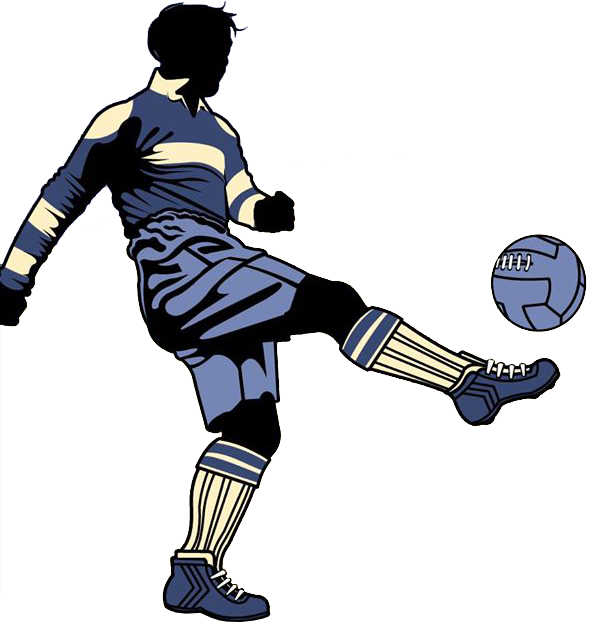Football has long held a unique place in the hearts of millions across the globe and with its unparalleled ability to unite people, it comes as no surprise that politicians have often sought to capitalise on this universal love, in order to win hearts and votes.
So who will be mentioning their football allegiances first during this General Election campaign? Will Rishi Sunak be appearing at the play off finals on Sunday? And how else will we spot politicians using football to cement their connection with the electorate?
Mentioning your team serves a dual purpose. On one hand you reveal a relatable side, aligning yourself with millions of football fans across the country. On the other hand, you are strategically positioning yourself within the cultural fabric of British society, where football holds significant social and cultural importance.
Shared experiences of football fandom equals common ground with potential voters.

From early 20th-century political machinations to contemporary electoral strategies, the relationship between politics and football is as dynamic as the game itself.
In the early 1900s, as nations began to establish their identities on the global stage, football became a powerful tool for political leaders; an ideal way to cultivate national pride and unity.
Benito Mussolini, the fascist leader of Italy, used the 1934 World Cup hosted in Italy to bolster his regime's prestige. Mussolini ensured that the Italian national team had every advantage possible, viewing a victory as a testament to the superiority of his regime, and when his efforts paid off, he leveraged the triumph to strengthen his political standing and the nationalistic fervour.
During the Cold War, football became a field for ideological battles between the East and the West. The Soviet Union and its satellite states saw international sports, including football, as a means to demonstrate the superiority of their socialist systems. Soviet leaders invested heavily in infrastructure and training programs, ensuring their teams were formidable on the international stage.

Conversely, Western politicians used football to promote democratic values and national unity in the face of the communist threat. In 1966, when England won the World Cup, Prime Minister Harold Wilson deftly used the victory to foster a sense of national pride amidst economic challenges and social unrest. The success of the national team provided a unifying narrative that transcended political divides although it has been said that, following Bobby Moore's Jules Rimet moment, Wilson remarked “England only win the World Cup when Labour are in power.”!
As football has gone on to become a global phenomenon, its political utility has only grown, with media savvy, modern politicians continuing to use football to their advantage.
Brazilian President Lula, a known football enthusiast, often appeared at matches during his presidency and was regularly seen with legends like Pelé in order to capitalise on his association with the sport.
In Europe, football remains a potent political tool. French President Emmanuel Macron was visibly supportive of the French national team during their winning 2018 World Cup campaign and his celebrations with the team were widely reported.
However, it isn't always a positive association. David Cameron famously blamed 'brain fade' for getting his football team wrong in a pre-election interview when he mentioned 'supporting West Ham' when in actual fact he was supposedly an Aston Villa fan. Even the reason for his Villa association may have damaged him with some voters, since his allegiance was apparently due to being taken to his first match there by Sir William Dugdale, the former Villa chairman - hardly an insight into a working-class passion.
Keir Starmer, on the otherhand, is a passionate Arsenal supporter, a longstanding loyalty which has been mentioned on various occasions. During a 2021 interview with Sky Sports, he discussed his fondness for the club, tracing his support back to his childhood and memories of watching games with his father.
Expect many more personal anecdotes of this nature during the election build up; showcasing a genuine passion and a human side will be top of the agenda for politicians of all colours.

Rishi Sunak is known to be a Southampton FC supporter. During interviews he has discussed his long-term connection to The Saints and he has also been known to express fandom on social media, recently tweeting a picture of himself at the playoff semi-final at St. Mary's. Again this allegiance to Southampton is a great way to showcase his ties to his local area and community.
The bond between football and politics is unlikely to weaken. As long as the sport continues to captivate the masses, politicians will find ways to align themselves with its successes. Football's ability to evoke deep emotional responses make it an invaluable asset for those seeking to connect with the public.
Whether through national pride, propaganda, or populist appeal, the beautiful game will remain a potent tool in the political playbook.
